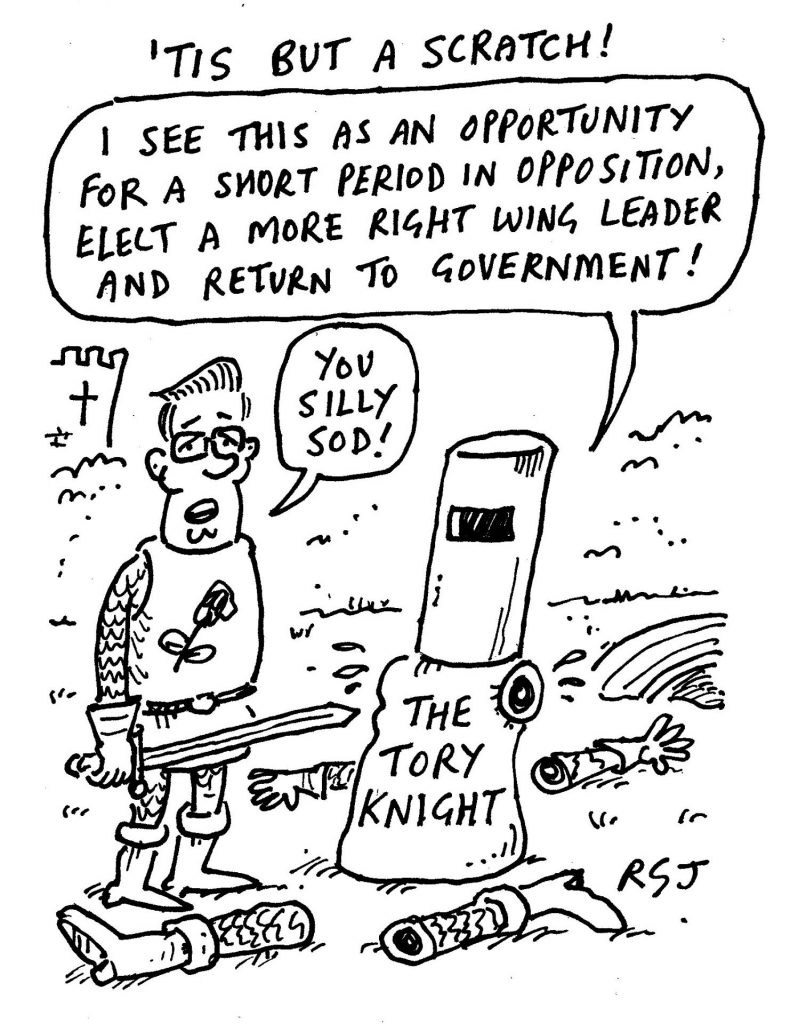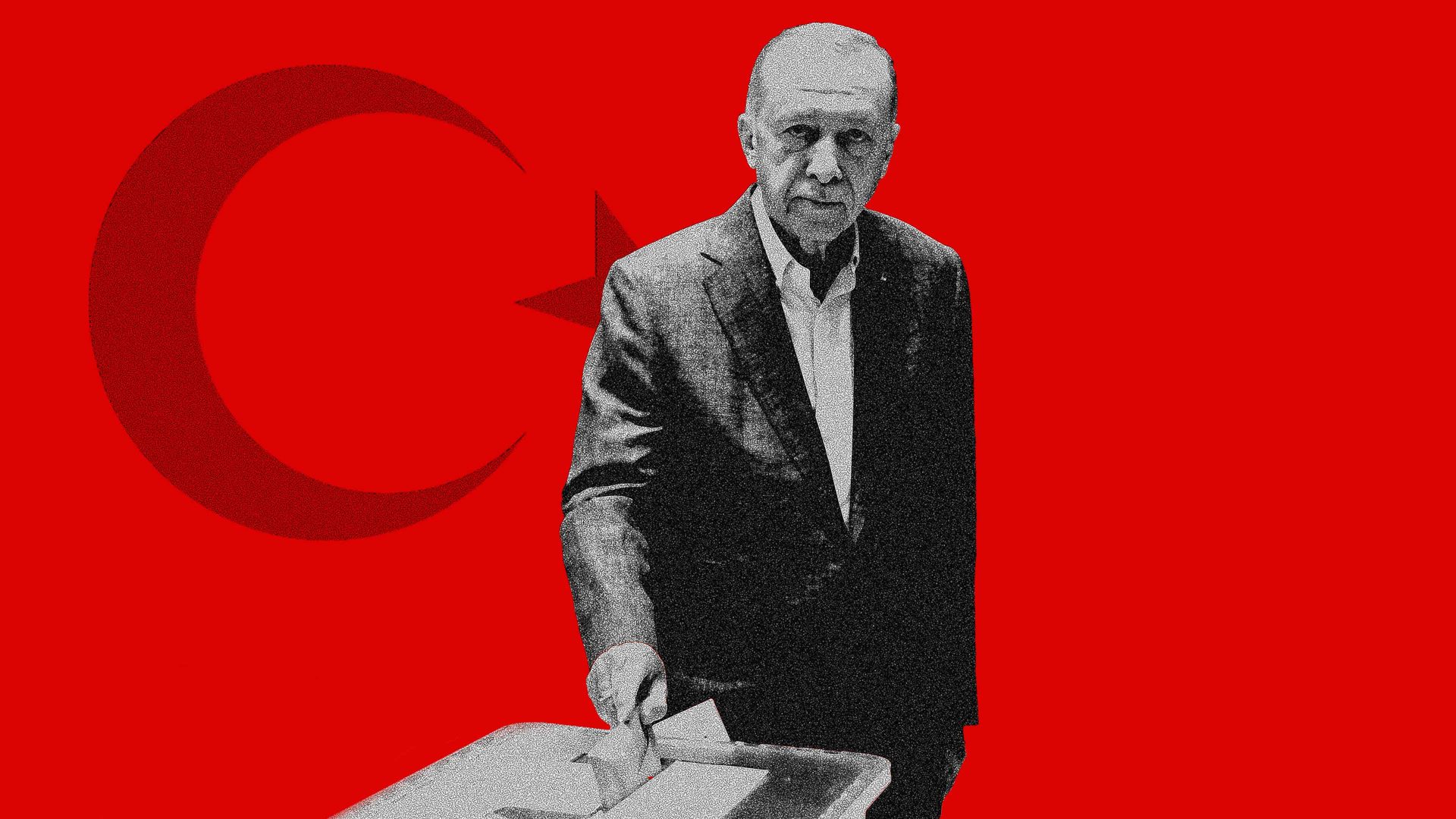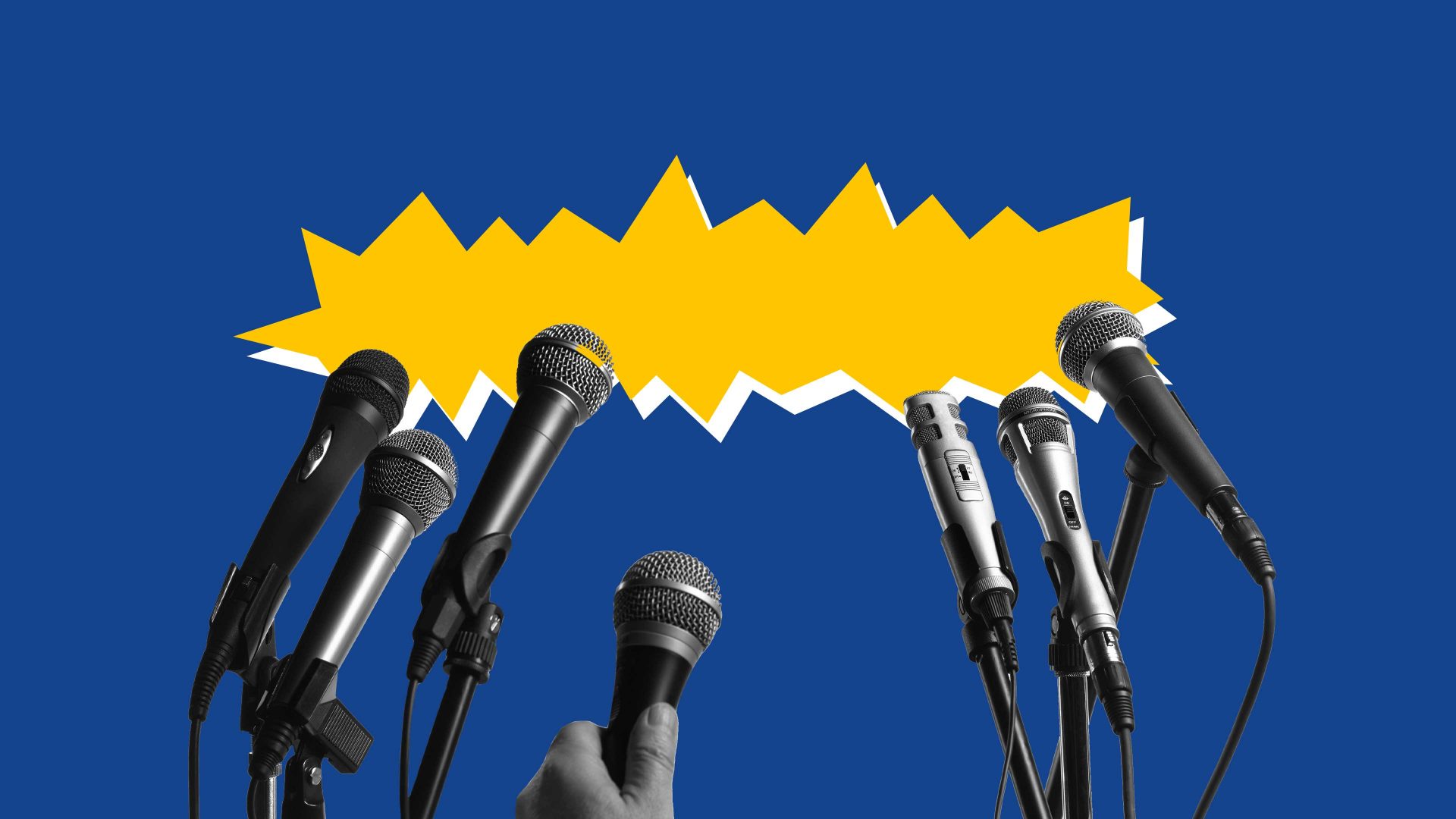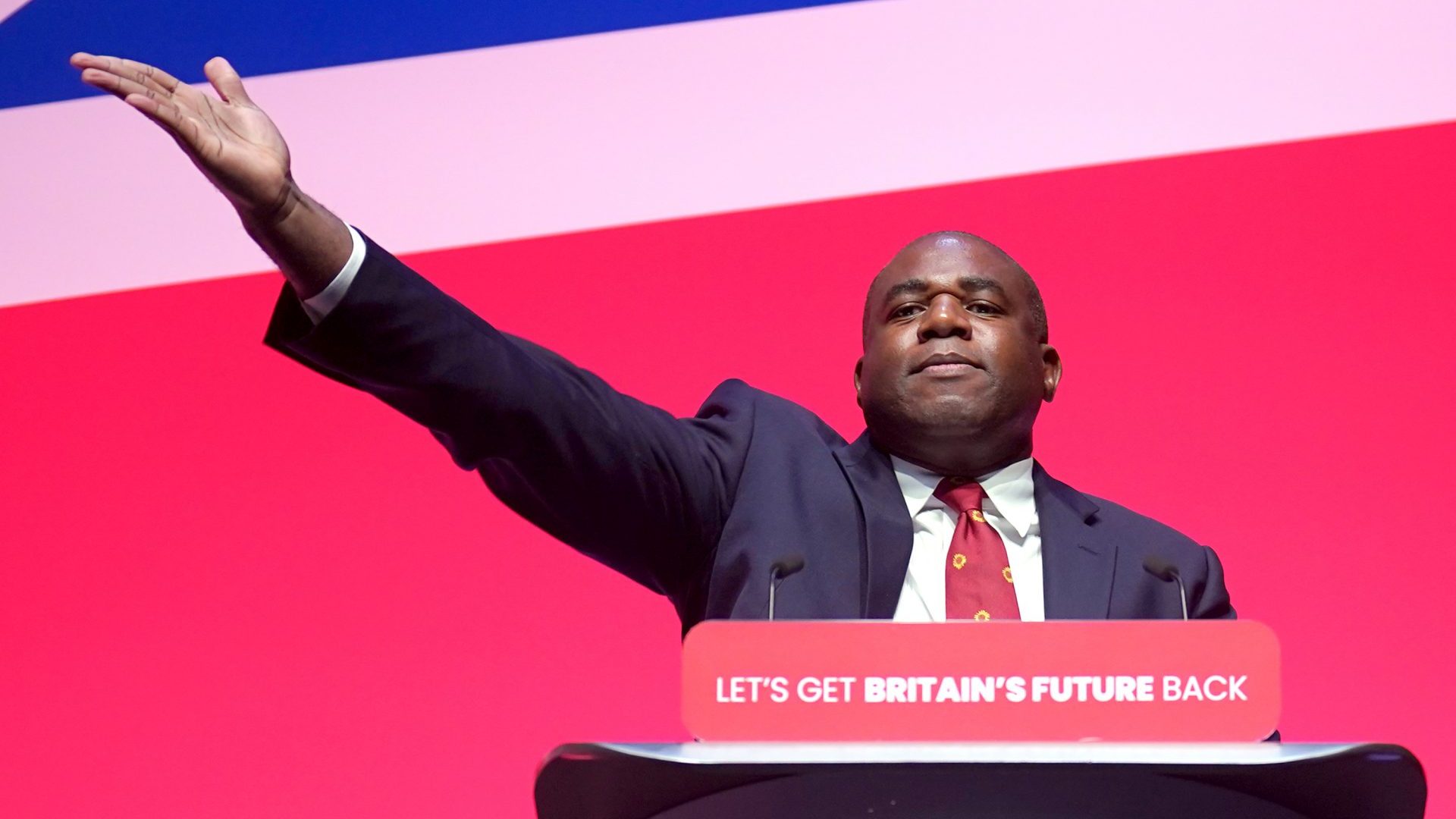President Erdoğan has been governing Turkey for almost as long as Vladimir Putin has run Russia. Like Putin, he has been both a powerful prime minister and an even more powerful president. Like Putin, he has become more powerful, and less tolerant of anyone seeking to check his power. As time has gone on, and like Putin, he is not averse to constitutional change if it strengthens his hand.
Under the constitution (to which he secured enormous change in 2017, essentially turning a parliamentary system into a presidential one to make the position far more powerful), an individual can only serve two five-year terms, so his long rule should end in 2028. He has indeed indicated he has fought his last election. Talking to opposition politicians in Istanbul last week, however, I sensed some nervousness that he may have a cunning plan.
Article 116 of the constitution states: “If the Parliament decides to renew the elections in the second term, the President can be a candidate once more.” In other words, if the full second term is not completed, a third term is possible.
Bringing forward the election requires the votes of 360 MPs. Erdoğan’s People’s Alliance has 313, so he would need some opposition MPs to help. Not impossible. The other route would be another constitutional amendment. That is the potential downside for his opponents, given Erdoğan’s formidable reputation for staying in power. The upside, they argue, is that if he did run he would lose, perhaps to social democrat Ekrem İmamoğlu, mayor of Istanbul.
Though Erdoğan has a considerable hold over the country’s media and judiciary, the actual mechanics of elections seemingly continue to work and so right now they are confident that if people genuinely voted to oust him, ousted he would be.
The last time Erdoğan supporters tried to stop İmamoğlu, in the 2019 mayoral elections, it somewhat backfired. After a government-backed recount, İmamoğlu won by 13,000 votes, took office, but was in the job less than a month when the Supreme Electoral Council annulled the election, ordering a rerun.
Despite the Erdoğan propaganda machine throwing everything it could, İmamoğlu’s majority soared to 800,000 and Erdoğan’s AK Party finally had to concede defeat. Their relationship is now said to be “non-existent”.
Interesting times ahead, whether Erdoğan runs or he doesn’t.

“Never go to bed without knowing something you didn’t know when you got up,” is one of my little life rules.
At a lunch hosted by the UK Warehousing Association, I learned plenty to take to bed that evening. How about this for starters? Amazon has 50m sq ft of warehousing space in the UK alone. I have driven past plenty of giant warehouses near motorways in my time, but never given that much thought to how they got there, or what happens inside. But, spend a couple of hours with people whose life is warehousing and you quickly get a sense of how our supply chains would not function without them, and of how the modern technology-transformed delivery economy won’t grow unless warehousing grows with it.
With the new government putting planning reform at the heart of their strategy for economic growth, and the re-introduction of housebuilding targets for local authorities, I am guessing we mainly think of new houses when that debate is centre stage. But when you consider that the average terraced house covers 688 sq ft, Amazon’s warehousing footprint is equivalent to more than 72,000 of those! If we imagine an average of five people in each house, that equates to a city the size of Bradford or Coventry.
A 2019 report found that for every home in the UK, there was 69 sq ft of warehousing space, demand for which has grown, the more we have switched our consumerism online. That number is rising, and will presumably rise further as new homes go up.
It’s complicated, all this planning and building stuff, which is why delivering on promises can sometimes be more difficult than it sounds when the promises are being made.
The toxification of the trans rights issue has been among the worst of the culture wars that replaced any semblance of a serious government strategy in recent years. I was delighted to hear culture secretary Lisa Nandy, the first member of the new Labour cabinet to come on The Rest Is Politics, proudly declare that the era of the culture wars was over.
I got into a bit of a row at the warehousing lunch with someone who said she couldn’t warm to Keir Starmer because “he can’t say what a woman is”. Might it be, I argued, that Starmer is motivated by the fact that we are talking about a very small percentage of the population, often among the most marginalised already, and that he sees his role as lowering the temperature of the debate rather than raising it, as others have sought to do.
Finally, given a man kills a woman every three days in this country, is that not an issue that is worthy of more of our attention and anger?
Sticking with the trans debate, I recommend another recent interview, with former Danish prime minister Helle Thorning-Schmidt. First, I declare an interest. I have known Helle a long time, ever since she started going out with Stephen Kinnock, who I have known even longer, and they are right up there among my favourite people. After getting married, they had two children, Johanna and Camilla, who I have known since they were babies.
Camilla is now called Milo. At Glenys Kinnock’s funeral, amid all the sadness, Milo and I had a great chat about the holidays we spent in France 20-odd years ago, when our children were growing up together in what were for all of us often pretty heady and often difficult times on the political front. Camilla was a great kid back then; Milo is a wonderful young adult now. Is it really that difficult? Do we really have to get so wound up about it all, or think that changing a pronoun is some kind of existential threat to humanity as we know it?
As for Helle, the interview was one of our best, perhaps above all the compassion that shone through as she talked of how she and Steve had supported their child’s transition from Camilla to Milo, and her insight that we don’t have to know everything that goes on in the minds of our children to love and support them.
Arriving to open a splendid new mental health residential facility in north London, I sensed the NHS bigwigs getting a bit jumpy when they saw a bearded man in a linen jacket arrive outside. It wasn’t that the local MP was not welcome, even if unexpected. It was that he was Jeremy Corbyn, newly re-elected as the independent member for Islington North. They were worried he and I might kick off, I having been expelled from the Labour Party under his leadership, he having been expelled under Starmer’s leadership since.
In the common cause of better mental health services, however, bygones were bygones and when it came to revealing the plaque, I asked Jeremy to join me in pulling the cord. All sorts of wonderful things are happening, now the common enemy of the Tories is gone.




